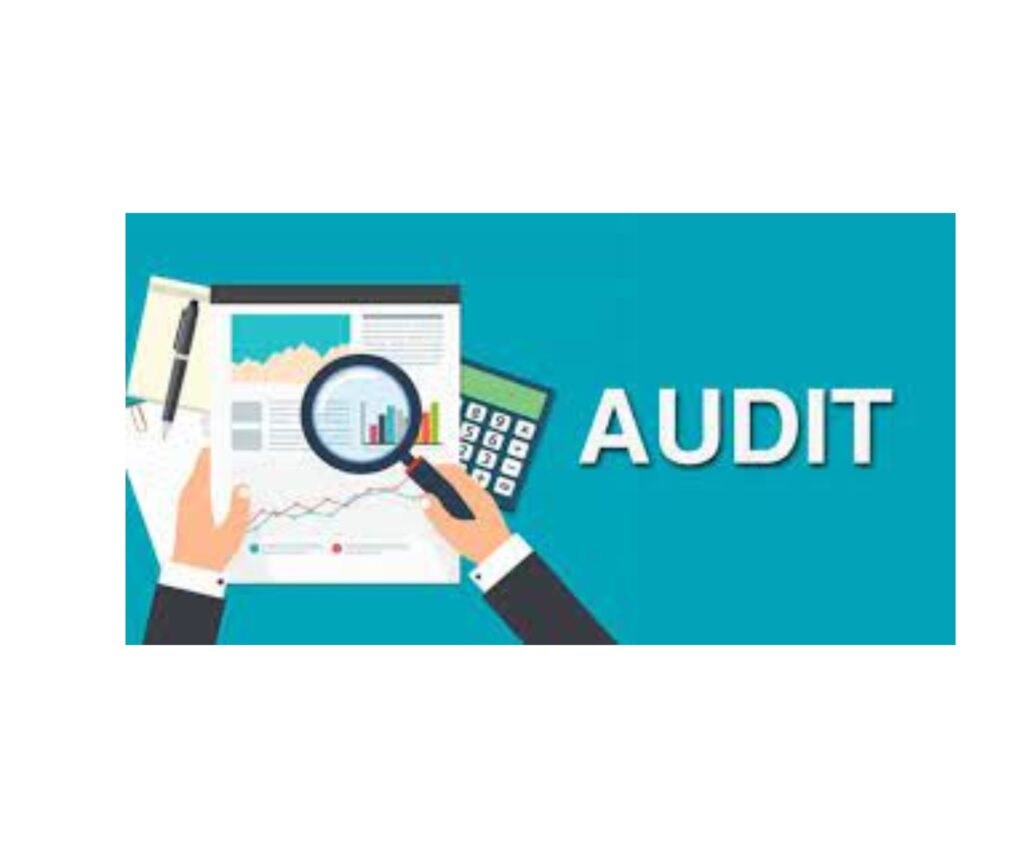Internal audit assurance, involves conducting an impartial and unbiased evaluation of an organization’s internal controls, risk management procedures, and governance structures with the goal of providing a distinctive assessment. It is conducted by an internal audit function or department within the organization.
The primary purpose of internal audit assurance is to provide independent and objective assurance to the organization’s management and stakeholders that the organization’s operations are being conducted efficiently, effectively, and in compliance with applicable laws, regulations, and internal policies. Internal audit assurance helps identify risks, weaknesses, and areas for improvement, and provides recommendations to enhance the organization’s control environment and achieve its objectives.
The scope of internal audit assurance can vary depending on the organization’s needs and objectives, but it typically includes:
Evaluating the adequacy and effectiveness of internal controls:
Internal auditors assess the design and operating effectiveness of internal controls in various areas such as financial reporting, operations, compliance, and information technology. They identify control deficiencies, weaknesses, and potential risks and make recommendations to improve control processes.
Assessing risk management processes:
Internal auditors evaluate the organization’s risk management framework, including the identification, assessment, and mitigation of risks. They review risk management policies, procedures, and practices to ensure that risks are properly identify and manage throughout the organization.
Reviewing compliance with laws and regulations:
Internal auditors assess the organization’s compliance with applicable laws, regulations, and internal policies. They examine processes, transactions, and documentation to identify instances of non-compliance and provide recommendations for corrective actions.
Monitoring operational efficiency and effectiveness:
Internal auditors evaluate the efficiency and effectiveness of operational processes within the organization. They identify areas of inefficiency, waste, or duplication and provide recommendations to streamline operations and improve productivity.
Reviewing governance processes:
Internal auditors assess the organization’s governance framework, including the roles and responsibilities of management and the board of directors. They evaluate the effectiveness of governance processes in ensuring accountability, transparency, and ethical behavior within the organization.
Internal audit assurance provides valuable insights and recommendations to management, enabling them to make informed decisions, improve processes, and mitigate risks. It helps enhance the overall governance and control environment of the organization, ensuring the efficient and effective achievement of its objectives.
To visit: https://www.mca.gov.in/

